A way to keeping a person healthy, is through their immune system.
We’re currently suspended in a time where the world is starting to look like it’s stepping into a dystopian film where the undead and infected run rampant. Panic purchases are hitting countries all around the world, and just the sound of the smallest cough is enough to send those surrounding you into an anxious frenzy. Good habits such as basic hygiene and eating well are being re-introduced and emphasised in order to prevent the spread of the infamous coronavirus.
While there isn’t a cure for the virus as of yet, it’s always a good idea to keep our immune systems in tip-top condition so that we don’t easily fall prey into getting infected – or have a higher chance of a speedy recovery. One of the best ways to boost your immunity is through nutrition, which we primarily obtain from food. So here are some of the best nutrients to keep an eye out for to help boost your immunity during these worrying times.
Vitamin C
 When it comes to top immune system boosters, the humble Vitamin C (a.k.a ascorbic acid) has been the reigning champion. Vitamin C is one of the most essential antioxidants needed by our bodies, and is imperative during stressful times and in fighting infections. It has substantial anti-inflammatory properties, and can be found in white blood cells which are essential to defending the body against free radicals and pathogens. It aids in the upsurge of white blood cells communication, durability, and pathogen-killing abilities. Unfortunately we can only obtain Vitamin C from external sources such as green leafy vegetables, citrus fruits, kiwis, papaya, strawberries, mangoes, red peppers, and cabbage. Supplements include the popular Berocca and Redoxon effervescent tablets.
When it comes to top immune system boosters, the humble Vitamin C (a.k.a ascorbic acid) has been the reigning champion. Vitamin C is one of the most essential antioxidants needed by our bodies, and is imperative during stressful times and in fighting infections. It has substantial anti-inflammatory properties, and can be found in white blood cells which are essential to defending the body against free radicals and pathogens. It aids in the upsurge of white blood cells communication, durability, and pathogen-killing abilities. Unfortunately we can only obtain Vitamin C from external sources such as green leafy vegetables, citrus fruits, kiwis, papaya, strawberries, mangoes, red peppers, and cabbage. Supplements include the popular Berocca and Redoxon effervescent tablets.
Zinc
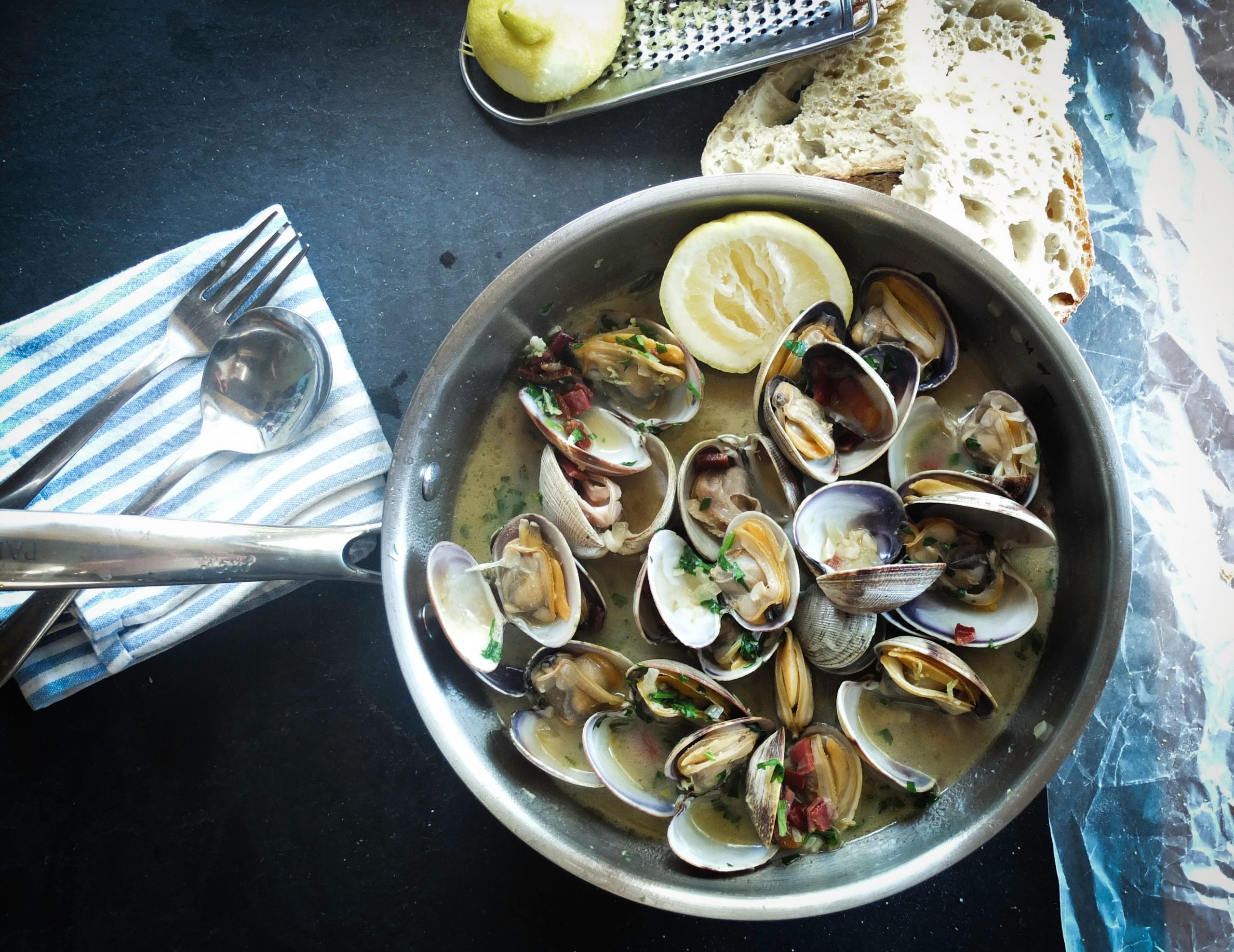 Aside from it being an essential mineral in treating oily and acne-prone skin, it also does wonders for your immune system. It nourishes and supports both the innate and adaptive immunity. Zinc plays an important role for over 200 enzymatic reactions in the body, with many of them being immune dependent mechanisms. It doesn’t just support the thymus gland in adaptive T-cell production and regulation, but also hunts down body-damaging free radicals. Zinc also effectively defends the body against viruses and bacterial pathogens, while promoting healthy function and integrity of our white blood cells. You can easily find zinc in foods such as pumpkin and sunflower seeds, egg yolks, seafood, and beef.
Aside from it being an essential mineral in treating oily and acne-prone skin, it also does wonders for your immune system. It nourishes and supports both the innate and adaptive immunity. Zinc plays an important role for over 200 enzymatic reactions in the body, with many of them being immune dependent mechanisms. It doesn’t just support the thymus gland in adaptive T-cell production and regulation, but also hunts down body-damaging free radicals. Zinc also effectively defends the body against viruses and bacterial pathogens, while promoting healthy function and integrity of our white blood cells. You can easily find zinc in foods such as pumpkin and sunflower seeds, egg yolks, seafood, and beef.
Vitamin A
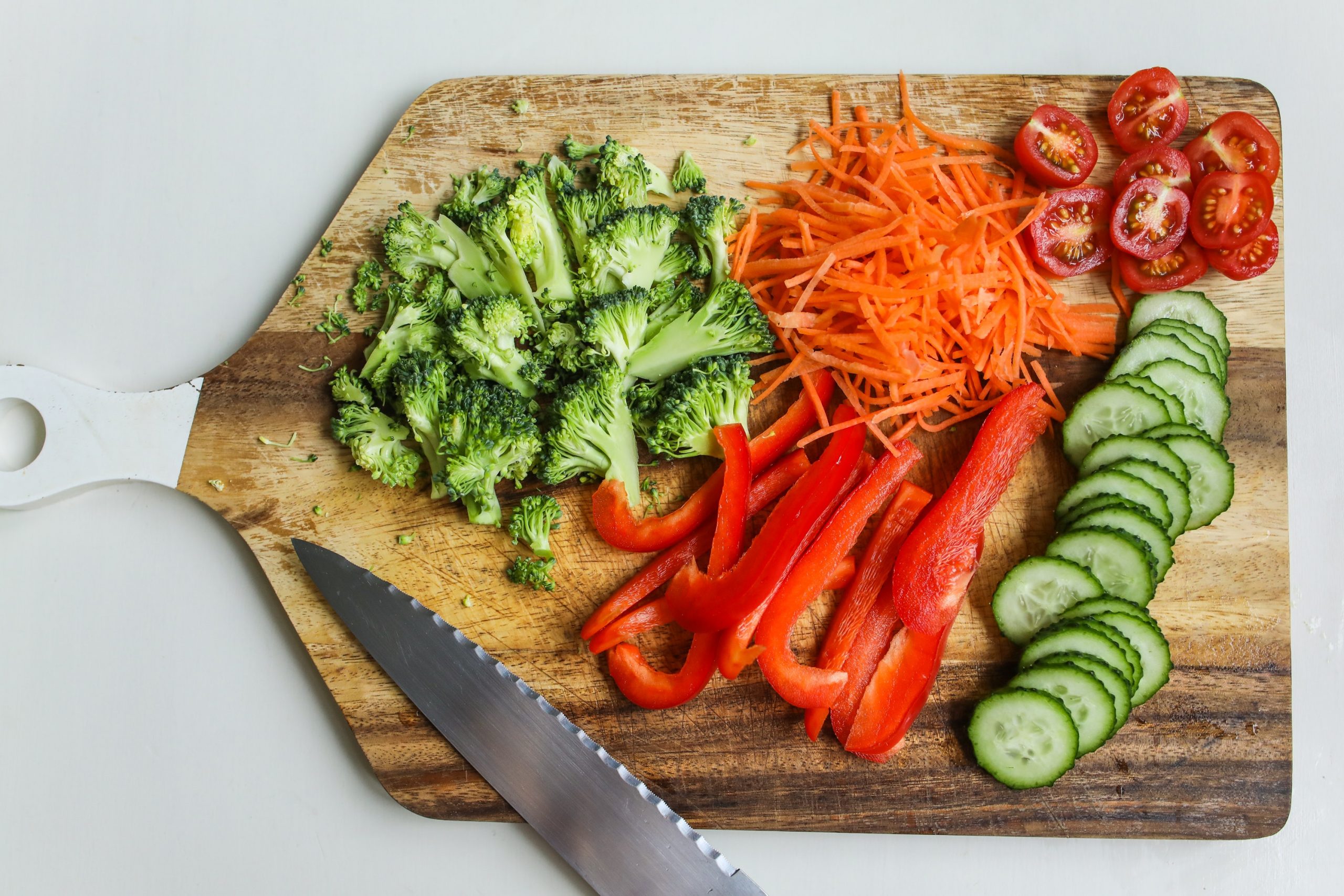 This micronutrient is crucial as an anti-inflammation vitamin for its vital role in enhancing immune function. Mainly found in foods like eggs, liver, fish oils, dark green leafy vegetables, carrots, and pumpkin. In plants, precursors to Vitamin A exist in a carotenoid form, which have potent antioxidant effects in the body. It also works to nourish white blood cells and the gut integrity, so that our body’s first line of defence from exterior pathogens is strong.
This micronutrient is crucial as an anti-inflammation vitamin for its vital role in enhancing immune function. Mainly found in foods like eggs, liver, fish oils, dark green leafy vegetables, carrots, and pumpkin. In plants, precursors to Vitamin A exist in a carotenoid form, which have potent antioxidant effects in the body. It also works to nourish white blood cells and the gut integrity, so that our body’s first line of defence from exterior pathogens is strong.
Vitamin D
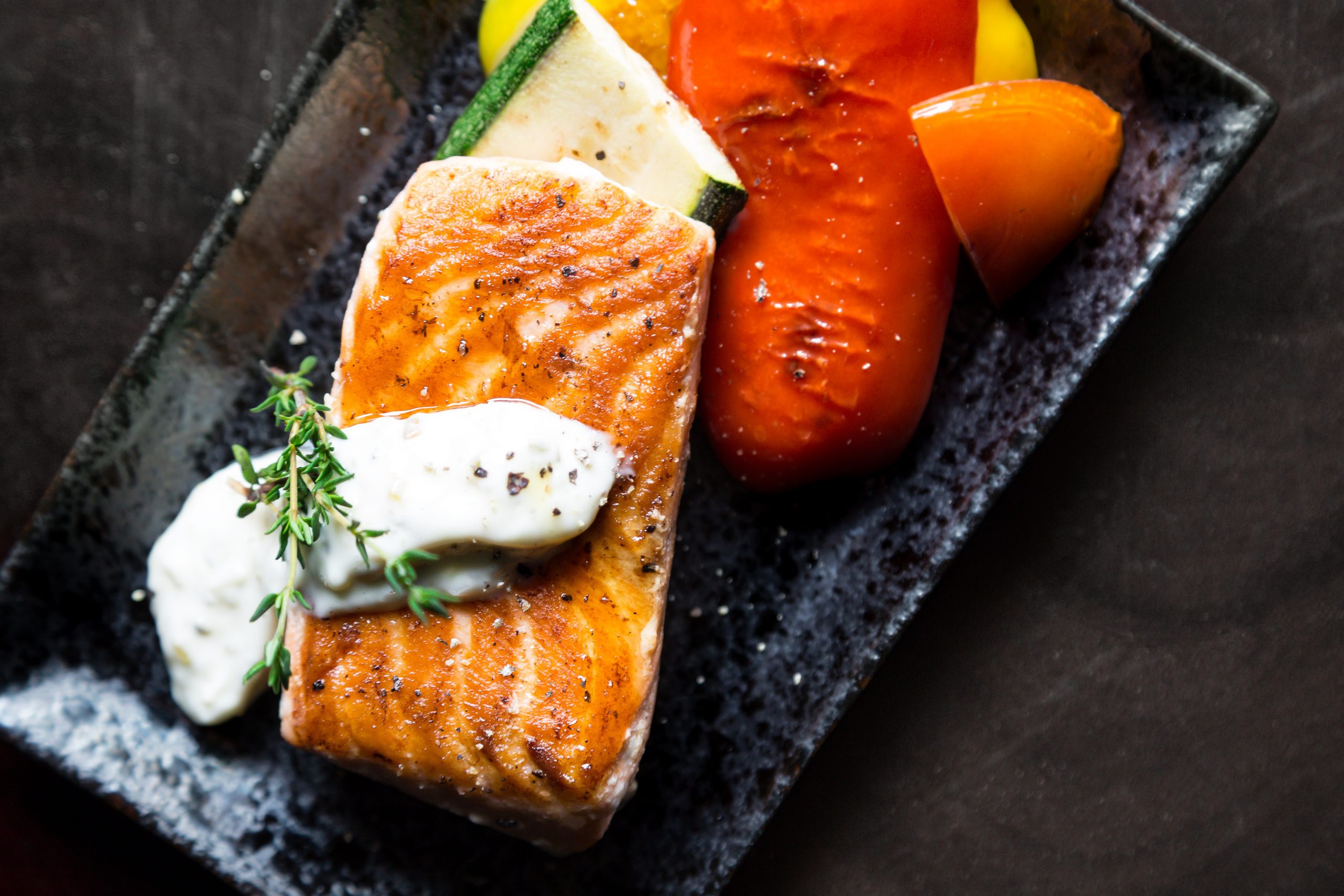
Supplementing your diet with Vitamin D is essential for a healthy immune system. It helps to stimulate naturally occurring antimicrobial peptides that help protect the body by destroying invading microbes. If you can, try getting about 10-15 minutes of sunlight every day to help activate the Vitamin D production that occurs naturally through your skin (Don’t forget your sunscreen!). If you’re not blessed with sunshine, then dietary supplementation is vital. Food sources of Vitamin D include eggs, liver, fatty fish like salmon, and butter.
Selenium
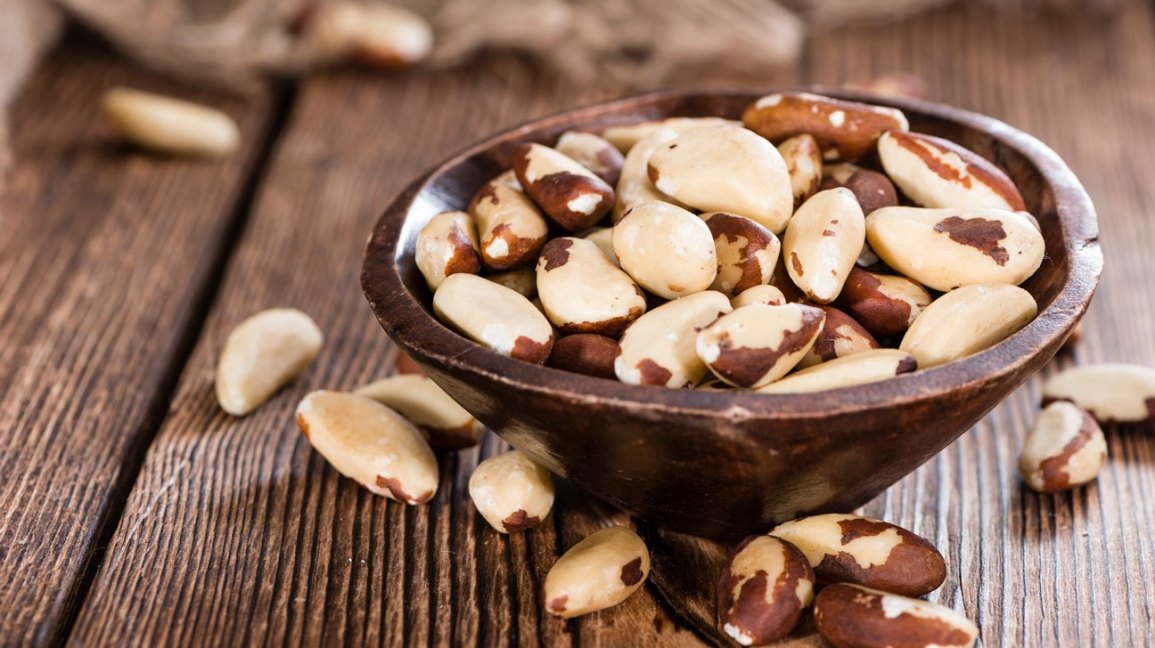 Selenium works as an antioxidant in the body to help lower the oxidative stress in the body, alongside reducing inflammation and enhancing the immune response. It’s an essential trace element that’s found in high quantities within immune tissues like the spleen and lymphatics. Selenium works to improve antigen response times and increase the natural “bacteria-killing” production. It also helps to improve lymphatic detoxification, increase white blood cell response and structural integrity, improve duration of recovery, and reduce and prevent abnormal cell mutations.
Selenium works as an antioxidant in the body to help lower the oxidative stress in the body, alongside reducing inflammation and enhancing the immune response. It’s an essential trace element that’s found in high quantities within immune tissues like the spleen and lymphatics. Selenium works to improve antigen response times and increase the natural “bacteria-killing” production. It also helps to improve lymphatic detoxification, increase white blood cell response and structural integrity, improve duration of recovery, and reduce and prevent abnormal cell mutations.
Probiotics
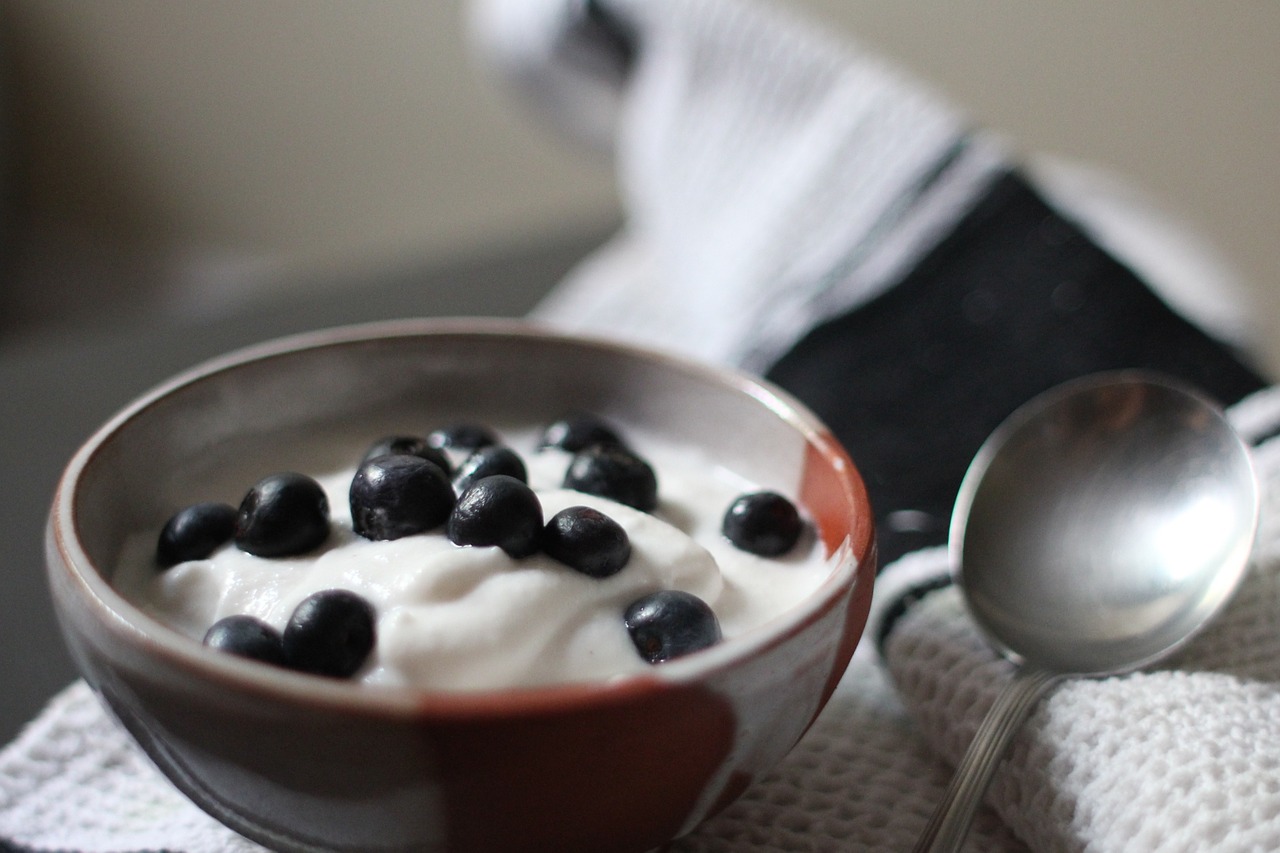
According to a study in the European Journal of Nutrition, probiotics a.k,a “good bacteria” such as Latobacillus plantarum and Lactobacillus paracasei can give the body’s immune system a boost while reducing the risk of infection from illnesses such as the common cold. Though we naturally have these probiotics in our gastrointestinal tract, factors and habits such as stress, alcohol, smoking, and certain medications can disrupt their activity and causing a myriad of health issues. Maintaining an optimal gut microbiota can help the body to perform vital metabolic and immunological tasks that can help prevent catching diseases. Probiotics can be found in fermented foods such as yoghurt (the unsweetened kind), kefir, kimchi, miso, sauerkraut, kombucha and tempeh.
Photos: Pexels










